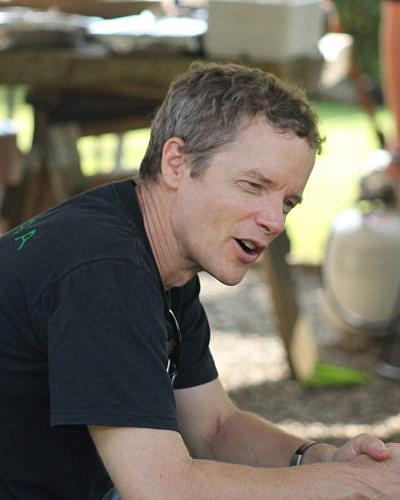Hawaii Researchers: State Must Support Pacific Islanders In The Pandemic
This article is part of a larger project by Anita Hofschneider, produced with support from the 2020 National Fellowship and a grant from the Dennis A. Hunt Fund for Health Journalism.
Her other stories include:
Community Leaders: State Is Failing Pacific Islanders In The Pandemic
Hawaii's Pandemic: Hardest Hit Communities Part 1: Hawaii Wanted To Save Insurance Money. People Died
Hawaii's Pandemic: Hardest Hit Communities Part 2: Health Officials Knew COVID-19 Would Hit Pacific Islanders Hard. The State Still Fell Short
Pacific Islanders Have The Highest COVID-19 Death Rate In Hawaii
Women Were Already Struggling At Work. The Pandemic Is Making It Worse
Here’s What Honolulu Is Doing To Test Hard-Hit Communities For COVID-19
Kalihi Has The Worst COVID-19 Outbreak In Hawaii. Here’s How The Community Is Responding
Hawaii COVID-19 Data For Race And Ethnicity Is Missing
Hawaii Pacific Islanders Are Twice As Likely To Be Hospitalized For COVID-19
Hawaii's Pandemic: Hardest Hit Communities Part 3: Pacific Islanders Can’t Return Home During COVID-19 — Even To Bury Their Loved Ones
Hawaii's Pandemic: Hardest Hit Communities Part 4: The Pandemic Is Hitting Hawaii’s Filipino Community Hard

Dr. David Derauf leads the Kokua Kalihi Valley community health center.
Hawaii leaders need to immediately work with and provide resources to Pacific Islander community leaders who are trying to stop the coronavirus from spreading in their communities, experts say.
A new article by University of Hawaii researchers and a community health center director published by the East-West Center outlines a series of recommendations to address the growing COVID-19 infection rates affecting Pacific Islanders in Hawaii.
Non-Hawaiian Pacific Islanders make up 31% of all coronavirus cases in the state, according to the latest available data. The community, which is made up of Indigenous peoples from across Oceania, is only about 4% of Hawaii’s population. That’s a rate 10 times higher than the state infection rate, and their rates are growing faster than other communities, researchers found.
“The state response must broaden immediately to engage Pacific Island communities as equal partners, provide for truly collective and just approaches to health care and support needs, and channel resources to community organizations and stakeholder groups in a way that allows them to take leadership in COVID prevention and care,” researchers wrote.
The authors include DeWolfe Miller, a professor emeritus at the University of Hawaii in infectious disease epidemiology; Tim Brown, a senior research fellow at the East-West Center; and David Derauf, a physician and head of Kokua Kalihi Valley Comprehensive Family Services.

